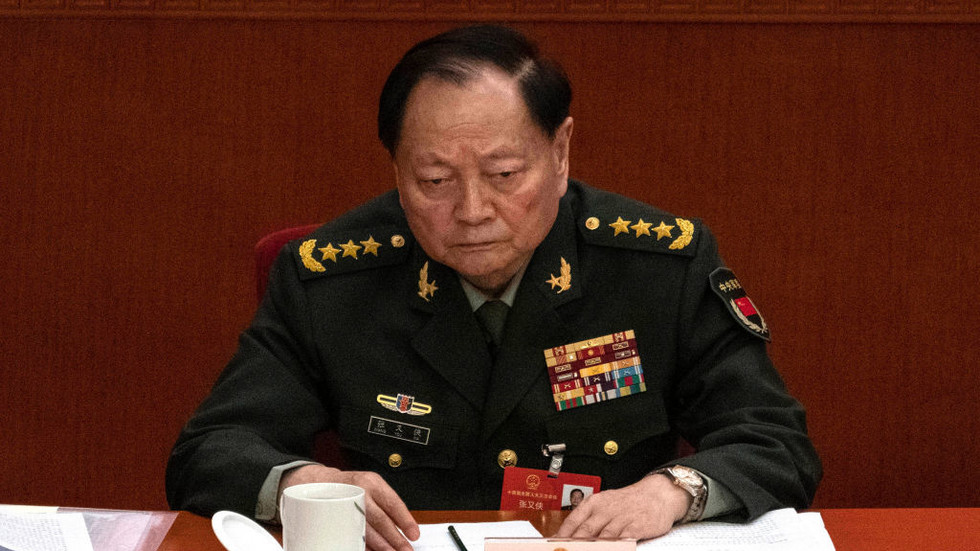Nairobi – The Central Organization of Trade Unions (COTU) Secretary General, Francis Atwoli, has strongly criticized Fazul Mohamed, the Director General of the Private Security Regulatory Authority (PSRA), for his recent comments accusing COTU of neglecting the welfare of security guards in the country.
Atwoli fired back at Mohamed, stating that he lacks an understanding of industrial relations practices and accusing him of being a hindrance to the rights and welfare of private security guards. Atwoli highlighted that COTU has received numerous complaints through their affiliate union, the Kenya National Private Security Workers Union, regarding the mistreatment of security guards.
While acknowledging COTU’s efforts in driving reforms within the private security sector, Atwoli expressed disappointment in Mohamed’s alleged ulterior motives in hijacking the reform process. He emphasized that COTU supports reforms that benefit workers, not individuals seeking personal gain or political advantage.
Atwoli reiterated COTU’s commitment to supporting ongoing reforms in the private security sector, stressing the importance of collaboration among stakeholders in enhancing national security. In 2024, the government introduced new regulations aimed at improving the working conditions of security personnel, including mandatory training, enforcement of minimum wage standards, and better record-keeping practices within security firms.
Despite these regulations, challenges persist, with reports of security companies failing to comply with minimum wage requirements and workers facing issues such as long hours, lack of benefits, and unsafe working conditions. It is clear that more needs to be done to ensure the well-being and rights of security guards are protected.
Through continued advocacy and collaboration, COTU remains dedicated to advocating for the rights of all workers, including those in the private security sector. The fight for fair treatment and improved working conditions for security guards continues, with COTU leading the charge for change.



